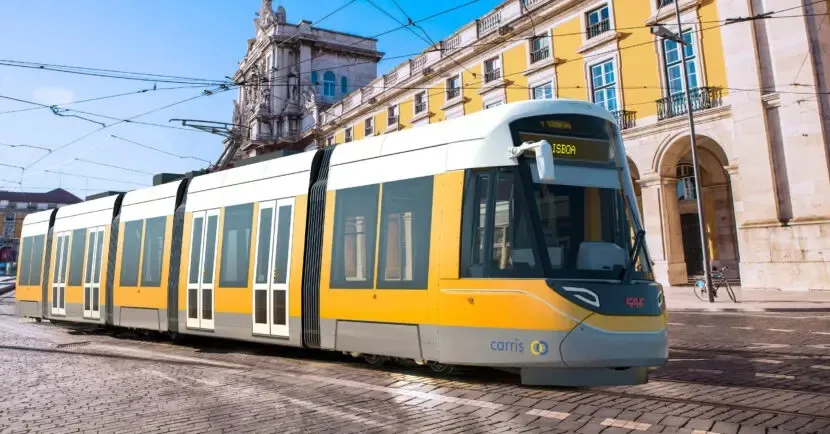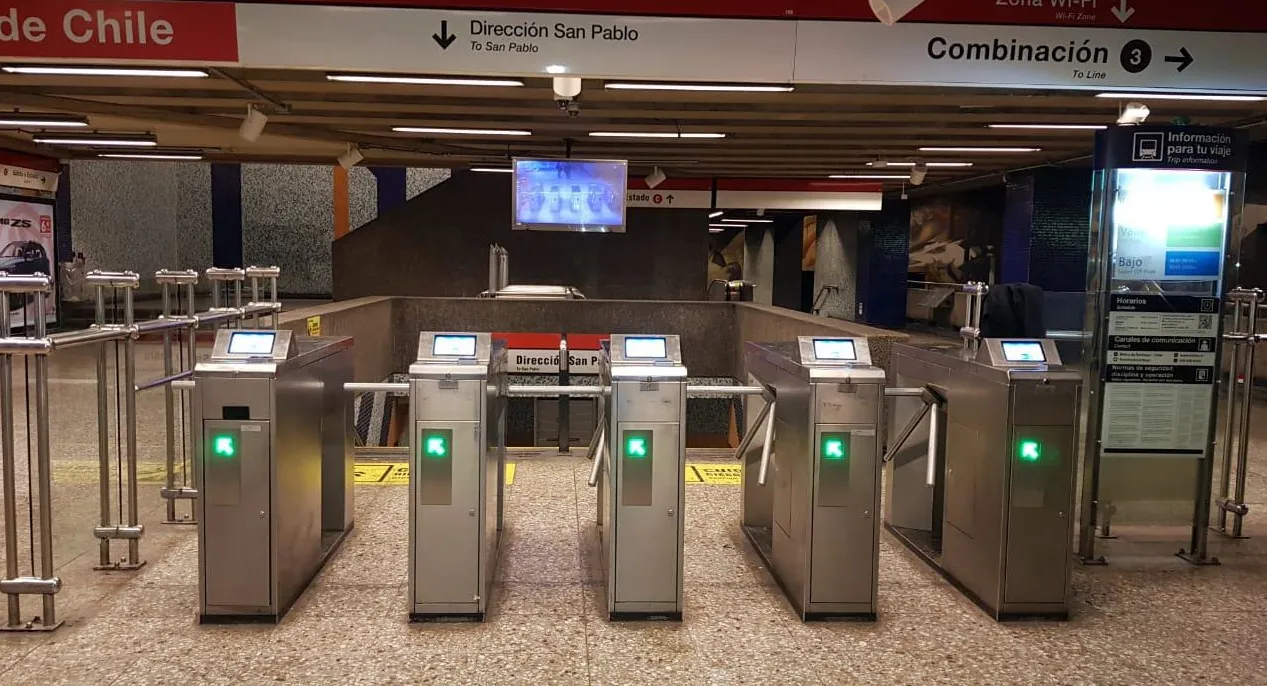
GMV is to supply the on-board ITS systems for 15 Urbos 3 streetcars to operate in Lisbon.
The first of these trams, which can run on some sections without the need for overhead cables or suspended wires, will be in service in the Portuguese capital in 2023.
Mobility system specialist Construcciones y Auxiliar de Ferrocarriles (Caf) is running the project, for which GMV will supply the systems for passenger information, public address and intercom as well as the on-board Ethernet communications network.
GMV will supply Caf with a version of its Info-Pass system, a digital integrated information solution combining text, video and audio.
It provides text on LED displays throughout the train, with video on monitors placed in each car and audio on the unit’s public address system.
Highlights include station arrival detection and the management of associated content through different channels. Programmable content can be automatically downloaded from a remote server, in addition to real-time messaging from the control centre.
These GMV systems will be integrated with the train’s monitoring and control system to receive the necessary information and report status and alarms.
GMV's clients in public transit include Renfe, ONCF (Morocco’s national railroad operator), Metro de Barcelona and Metro de Santiago de Chile, in addition to manufacturers such as Alstom, Caf, Pesa, and Talgo.










